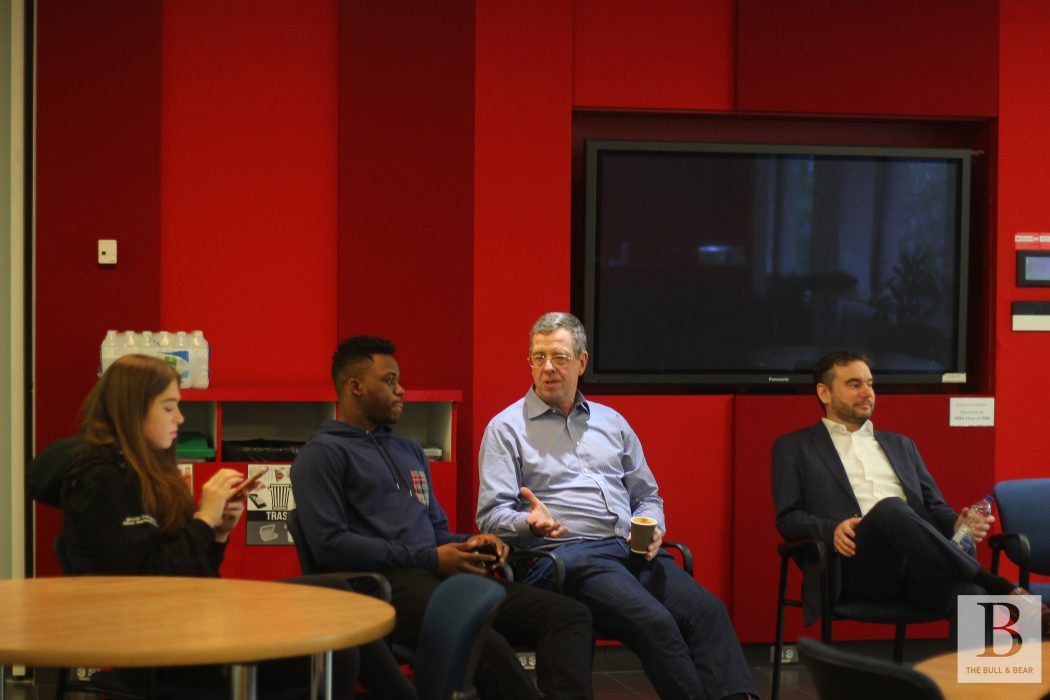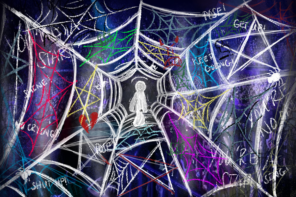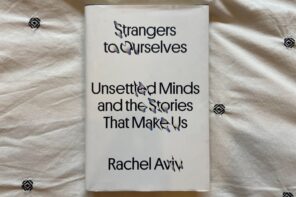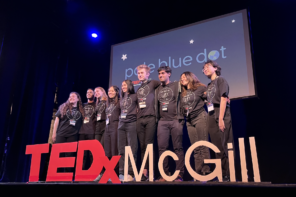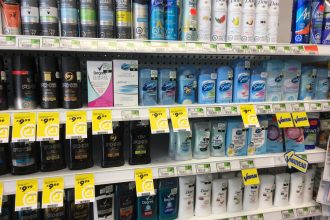As soon as O’Nell Agossa was elected as President of the Management Undergraduate Society (MUS) last May, he began working with the Bachelor of Commerce administration to plan MUS Wellness Week. The objective behind Wellness Week, Agossa explained, was a reminder for students to constantly ask themselves, “Am I okay?” While mental health has been a relevant issue at McGill for a while, this discussion can vary across departments and, according to Agossa, maintains “a stigma around it [or] a negative connotation.”
“In the Management Faculty, I think we’re in a specific environment where students are even more stressed than they are at McGill as a whole. We’re in an environment where performance and competition are very important, and this context just amplifies everything,” he said. “I think we need to talk more about it.”
Wellness Week ran Monday Oct. 29th through Friday Nov. 2nd, with events held in various parts of the Bronfman building. Students from all faculties had the option of attending any of Wellness Week’s free events, which included student group tabling to conferences, workshops to mindfulness sessions, and even a yoga and barre workout.
Busy students packed rows of desks studying on the second floor of Bronfman on Wednesday afternoon, but one group excitedly huddled to one side, snapping pictures and petting a twin pair of small white dogs. These dogs were Zack and Henry, therapy dogs who can be found on Instagram (@zack.and.henry), where they boast over 11,000 followers.
In her free time, Zack and Henry’s owner Heather Averett volunteers for Caring Paws, a Quebec-based non-profit organization which provides various locations with the calming presence of certified animals, including hospitals, retirement residences, adult day centres, and community living centres, as well as universities. Averett described an ideal therapy dog as one who is “happy, engaged, and has a good temperament,” adding that “each dog has its own vocation” and can be uniquely helpful to different groups of people. As evidenced by the smiles on the students’ faces, the dogs were certainly a welcome addition to the university setting.
Agossa explained that at McGill, mental health issues have become “basically just a running gag across the faculties.” For example, jokes about stress-induced breakdowns during midterm season can trivialize mental health issues for impacted students while normalizing extreme stress and mental illness. “There’s a real problem there,” Agossa said. “I do think that while we do have resources on campus, faculties as a whole and student societies need to do a better job of showing these resources to the different students. They should be able to know that these exist.”
Some groups across campus who were present at Wellness Week to provide such resources included Career Planning Services (CAPS), Healthy McGill, the Union for Gender Empowerment (UGE), Queer McGill, the Sexual Assault Centre of the McGill Students’ Society (SACoMSS), Mindful and Compassion McGill, and the McGill Nightline.
A representative from SACoMSS, Publicity Coordinator Peeha Luthra, believes that “the resources widely available and events on campus including sexual assault awareness week” are important takeaways for students at Wellness Week and beyond.
Meanwhile, Queer McGill’s Coordinations Coordinator, Toscane Doh, understood Wellness Week as centering around the mental and physical wellbeing of students. “We’re providing resources for safer sex and gender-affirming products, which is a big part of making people physically safe and mentally putting them in a safe headspace,” Doh explained, adding that Queer McGill is also a place for any student to openly talk with peers. Doh said that even though the representatives are not formally trained, “Sometimes just talking to other students helps… it is a big component of mental well-being just to talk within the boundaries of a safe space.”
Throughout the various events, mental health was framed not as a problem, but as something to acknowledge daily and constantly work on.
“One of the main points, when I ran for president, was to allow more initiatives for mental health Some students are struggling to find other ways to define what a successful college experience is,” Agossa said. “At the end of the day, we are all working for the same thing: having the best environment for students.”

